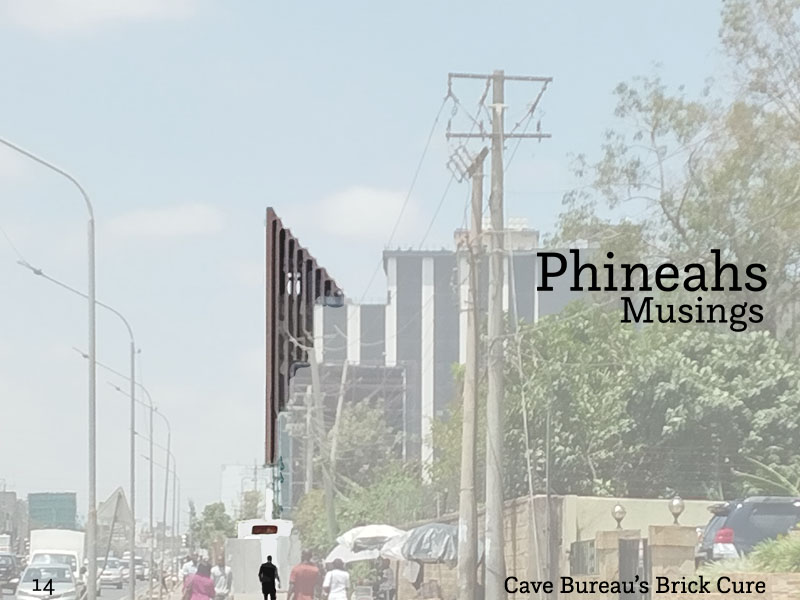Interview: Tourism and Travel during the electioneering period in Kenya

To ensure the impact of the elections on the tourism industry is minimized Kenya should definitely look for a diversification of the tourism industry source markets. It would be safe to only consider foreign visitors as a complement of domestic and regional tourism.
NAIROBI, Kenya,June 2, 2017/-- General Elections in Kenya have for a long time caused alot of apprehension for businesses with the tourism sector being of main concern.
To get an insight into the unpredictable period, we asked Estelle Verdier the Managing Director of Jumia Travel to share what has been set in place during this period; with the July-October tourism peak season fast-approaching.
Today Jumia Travel is Africa's leading online travel agency, allowing bookings to more than 25,000 hotels in Africa and more than 200,000 hotels around the world.
Get ready for some intriguing diversions...
[Question 1] What are your contingencies for travel disruptions as a result of the common travel advisories?
In order to ensure the development of a strong tourism industry, Kenya should diversify its source markets. With the strong growth of the middle class in Africa a new market much more stable has arose. Kenya and East Africa markets represent a great opportunity. These markets are made of people who have a more accurate assessment of security situations than many of the “foreign” travelers keen on, and swayed by travel advisories.
Moreover local and regional populations are less influenced by seasonality. They are willing to travel even during low seasons if hotels promote great offers. They are also more likely to return to destinations they enjoyed and thus can bring more value than international travelers. In this light Kenya should review its tourism marketing strategy and stop focusing only on traditional markets which are America and Europe.
At Jumia travel we are proud to support the development of a regional market. With our regional focus we support the development steady income for hotels all through the year. Through our online platform we provide a very convenient way for people to book their holiday and access to exclusive negotiated resident rates which make travel accessible to all.
[Question 2] Will the peculiarities of the Kenyan Traveller be majorly affected by the elections and what should we expect of the domestic holiday travel and conferences sector?
The presidential elections are always an interesting period for us and patterns of travel habits around election time are often the same across the region. Prior to the elections, we often see an increase of bookings, people going back home to vote or moving to the countryside to be in a quiet place.During the elections all businesses usually experience a slowdown and so do we. After the elections things usually go back to normal but it really depends on how proactive the government is in supporting the peaceful roll out of the elections.
At Jumia Travel we always do our best to proactively communicate around election times to reassure travellers when there are no major concerns. We also believe that election periods are a media opportunity to grab potential customers attention by talking positively about the country.
[Question 3] Mobile appears to be king in Africa Travel Experience. How has Jumia Travel adapted to mobile solutions to meet the demands of travellers in this period and still maintain a competitive edge?
At Jumia Travel we have definitely embraced mobile technology on both customers’ side and hotels’’ side. Since last year we are providing both Android and iphone applications for our customers to be able to access our services in a convenient manner wherever they are. We have also adopted mobile payment options and our customers can now pay via mPesa, Tigo Pesa, MTN money and many other mobile payment solutions.
On the hotel side, Jumia Travel has also developed an Extranet mobile application through which hotels can update availability, confirm bookings, check performance of their hotel on Jumia Travel and adjust rates to boost their business.
We also communicate more and more to our customers and partners via SMS as this has proved to be the preferred mode of communication of many of them.
[Question 4] Do the uncertainties of the Kenyan electioneering period present any opportunities in the Tourism and Travel sector? If so, how’s Jumia Travel placed to harness?
Prior to the elections we expect to see an increase of travel as people will certainly want to travel back to their county. We will at that time definitely communicate on county destinations. As I already mention we will also be proactive to communicate positively about the country after the election if as expected all goes well.
[Question 5] Being the best connoisseur of travel trends in the region, how will the major Kenyan destinations be affected?
As answered above.
[Question 6] What are your strategies for the election aftermath and a sustainable domestic travel sector?
To ensure the impact of the elections on the tourism industry is minimized Kenya should definitely look for a diversification of the tourism industry source markets. It would be safe to only consider foreign visitors as a complement of domestic and regional tourism.
The second important point is to promote destination awareness away from the traditional beach and safari and boost sport tourism, adventure tourism, voluntourism etc.
[Question 7] Imagine its 2020, what role will Jumia Travel play in Africa’s blooming Tourism and Travel Industry?
Our ambition is to become the preferred travel partner for people in Africa. We want to be recognized as the most affordable and convenient way of planning travel. As we like to say our ambition is to democratize travel in Africa. Travel should not be a luxury, people should all get a chance to discover the beauties of their country and be proud of their country.
Innovative PPPs require buy-in from governments and Thakker says political goodwill "is much better than what we had 10 years ago."
"There is a realisation that two are better than one," he concludes.
Thakker and Adão will both be speaking at the 7th annual Africa Health Exhibition & Congress 2017 taking place from 7-9 June 2017 at the Gallagher Convention Centre in Johannesburg, South Africa. More than 9,300 regional and international healthcare professionals and medical experts are expected to attend the event.
The written interview was compiled by Phineahs Munene, Cofounder of Wazo Moja for Jumia Travel's Estelle Verdier - Managing Director, East and Southern Africa.
Distributed by Wazo Moja on behalf of Jumia Travel
SOURCE
Jumia Travel



